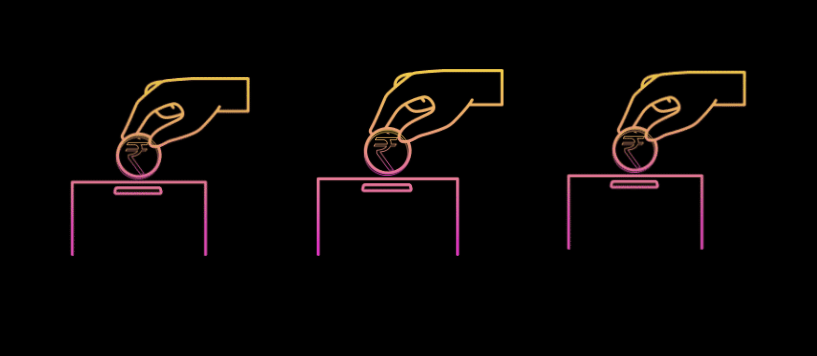FCRA Graft: CBI Conducts Countrywide Operations to Nab Home Ministry Officials, Others
CBI officials visited around 40 locations including in Delhi, Chennai, Hyderabad, Coimbatore, Mysuru and some places in Rajasthan. Fourteen officials were apprehended.
New Delhi: The Central Bureau of Investigation on Tuesday, May 10, conducted operations at 40 locations and apprehended around 14 people including home ministry officials, NGO representatives and middlemen for allegedly facilitating the clearance of foreign donations in violation of the Foreign Contribution (Regulation) Act, 2010.
An FCRA registration or licence is mandatory for any association and NGO to receive foreign funding. In recent times, the non-renewal and cancellation of such licences by the government has made news as various NGOs and bodies have had their operations suspended as a result.
“The operation was launched after a complaint from the Union home ministry to the CBI in this regards,” a home ministry spokesperson was quoted by news agency PTI as having said.
The coordinated operation took place at around 40 locations including in Delhi, Chennai, Hyderabad, Coimbatore, Mysuru and some places in Rajasthan.
“Around half a dozen public servants and others are being questioned,” Indian Express quoted a CBI officer as having said. PTI reported the number as 14.
Express also reported sources as having told the outlet that the agency is “likely to put some MHA officials under arrest.”
“There are people who have been caught red-handed accepting bribes. If the need arises, people will be arrested,” an officer said.
Transactions of around Rs 2 crore through hawala channels have been found, officials additionally claimed.
CBI also allegedly found that several officials were allegedly involved in exchanging bribes for facilitating clearances of foreign donations to NGOs in alleged violation of FCRA rules.
Out of the 16,890 NGOs registered with the Union home minister under the FCRA, the registration of 20,679 NGOs has been cancelled in the last 10 years citing various violations of FCRA, Express has reported. In addition to this, 12,540 FCRA registrations “expired” with either NGOs failing to file renewal applications on time, or the home ministry refusing to renew their registrations.
IIT Delhi, Jamia Milia Islamia, Indian Medical Association, Medical Council of India, Emmanuel Hospital Association, which runs over a dozen hospitals across India, Tuberculosis Association Of India, Vishwa Dharamayatan, and Nehru Memorial Museum and Library are among nearly 6,000 entities whose FCRA registrations were deemed to have ceased.
In January this year, the Supreme Court turned down a plea for interim relief to allow the continuation of FCRA licenses which were valid until the end of September 30, 2021.
The Union government told the apex court that registrations of 11,594 NGOs, which applied within the cut-off date, have been extended.
In April this year, the Union home ministry has cancelled the FCRA licence of two NGOs, the Commonwealth Human Rights Initiative (CHRI) and Apne Aap Women Worldwide (AAWW). The government has claimed that the NGOs violated laws and diverted funds received from abroad.
The CHRI, in a statement, said, “Nothing in the cancellation order indicates why the MHA finds our explanation unsatisfactory, unreasonable or untenable.”
The Union government’s crackdown on NGOs has been criticised by several quarters, especially since the Missionaries of Charity, set up by Mother Teresa, had its renewal appeal rejected forcing it to suspend operations for a while.
“While some NGOs may be governed by foreign agendas, many of them have tried to provide localised safety net to the poor. Can all of them be tarred with the same brush without a chance to respond? Many of them have worked at the grassroots with the poor to raise their consciousness about their rights which in a democracy should be lauded since it deepens democratisation and checks authoritarianism of the rulers of the day. But the rulers don’t want that since they see it as a check on their agenda,” professor Arun Kumar wrote for The Wire.
This article is taken from www.thewire.in






